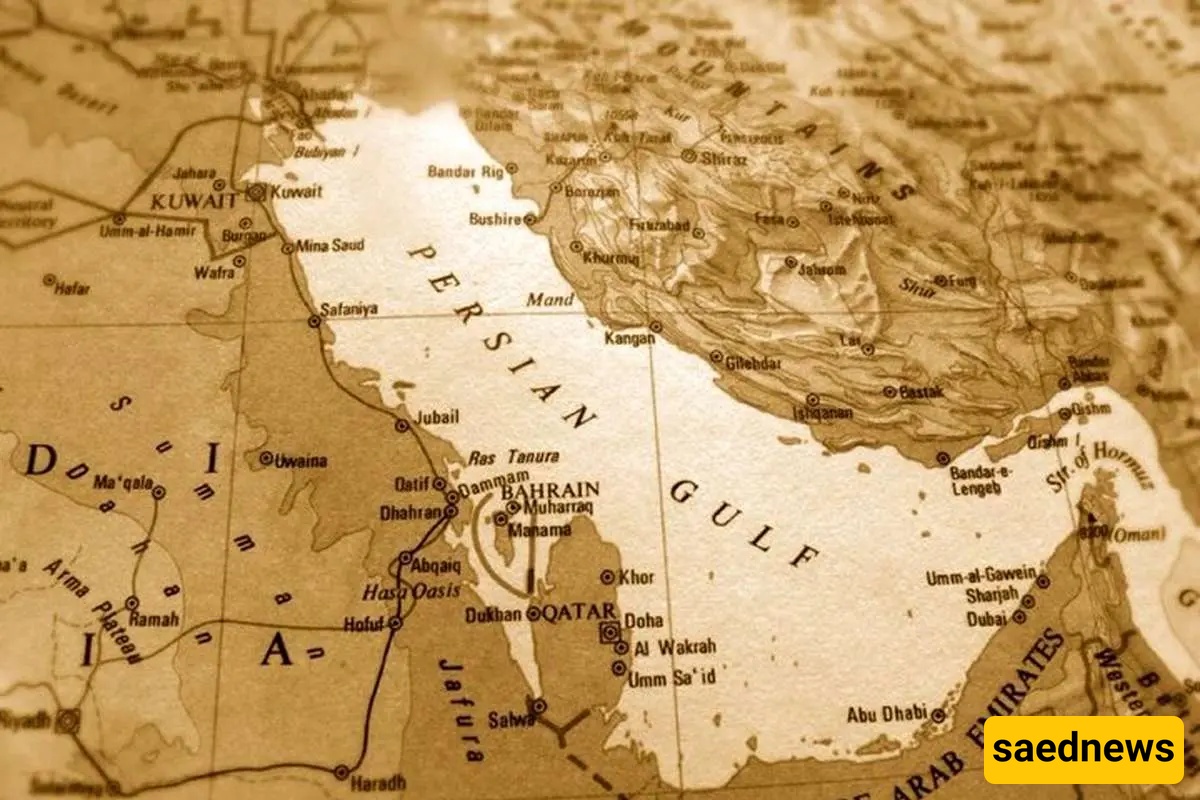SAEDNEWS: Following U.S. missile strikes on Iranian nuclear facilities, Gulf nations—home to major American military bases—have entered a heightened state of military readiness. Bahrain has ordered most government workers to stay home, and regional air traffic is already feeling the shockwaves.

According to Saed News, Gulf Cooperation Council (GCC) countries have ramped up emergency protocols amid escalating fears of regional spillover after the recent U.S. missile attacks on Iranian nuclear sites. Bahrain, which hosts a key U.S. naval base, has ordered 70% of its government employees to begin working from home "until further notice," signaling the growing anxiety across the region.
The Bahraini Ministry of Interior issued an advisory on social platform X (formerly Twitter), urging residents to avoid major roads except when absolutely necessary. The advisory cited "recent developments in the region’s security situation" and emphasized the need to keep infrastructure accessible for emergency and security personnel.
Other Arab nations in the Persian Gulf have reportedly raised their security threat levels, anticipating potential fallout as tensions between Washington and Tehran intensify.
In a further sign of deteriorating stability, Air France-KLM announced the cancellation of all flights to Dubai and Riyadh on Sunday and Monday. The airline cited regional instability following the missile strikes as the reason for its decision. These cancellations are part of a wider disruption to Middle Eastern airspace, reflecting how security concerns are now directly impacting civilian mobility.
The Gulf’s current state of alert underscores the delicate balance in a region long defined by strategic volatility—and now teetering on the edge of deeper conflict.

